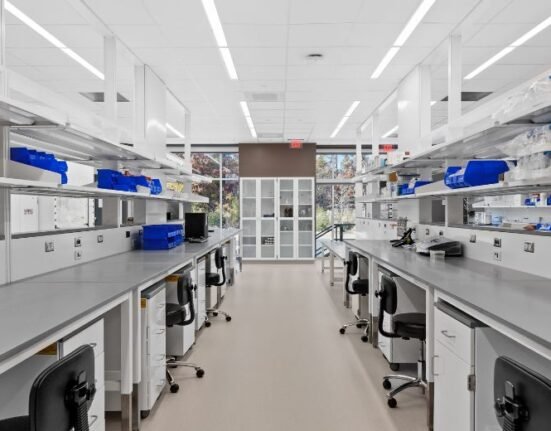HQ Team
April 15, 2025: Bristol Myers Squibb’s end-phase trial to test a drug for treating a heart condition, where the muscle of the heart’s main pumping chamber becomes abnormally thickened, has failed to meet its goals.
The drug for non-obstructive hypertrophic cardiomyopathy, in which the thickening does not significantly reduce the flow out of the heart, “did not meet its dual primary endpoints” of improving functional capacity and symptoms, according to a company statement.
The main goal was to see how much people’s heart health and exercise ability improved after 48 weeks. This was measured using a heart health questionnaire and how much oxygen they could use during exercise.
The second goal was to check other things at 48 weeks, like how well they breathed during exercise, their overall physical ability, and how much shortness of breath they felt, using a special symptom questionnaire.
‘Disappointing’
“While these results are disappointing, the trial meaningfully contributes to the understanding of non-obstructive HCM, a disease where there remains a significant need for new treatment options,” said Roland Chen, MD, senior vice president, of drug development, Immunology and Cardiovascular Medicines, Bristol Myers Squibb.
He said the findings would help the scientists understand that obstructive HCM and non-obstructive HCM “are two unique diseases.”
The trial “indicates that we must consider new ways of thinking about potential treatment approaches for non-obstructive HCM.”
The trial was “the largest and longest-duration study” completed to date in patients with non-obstructive HCM, said Milind Desai, MD, MBA, Vice Chair in the Heart, Vascular & Thoracic Institute and Director of the HCM Center, Cleveland Clinic.
Cardiac myosin inhibitor
It enrolled 580 adult patients with symptomatic (NYHA class II or III) non-obstructive hypertrophic cardiomyopathy worldwide. The trial tested the hypothesis of whether a cardiac myosin inhibitor would improve “measures of feel and function for these patients, showing clinical benefits similar to what we have seen in obstructive HCM,” he said.
Bristol Myer’s Camzyos (mavacamten) is the first and only cardiac myosin inhibitor approved in the US, indicated for the treatment of adults with symptomatic New York Heart Association class II-III obstructive hypertrophic cardiomyopathy (oHCM) to improve functional capacity and symptoms.
In the European Union, it is indicated for the treatment of symptomatic (NYHA, class II-III) oHCM in adult patients.
It has also received regulatory approvals in more than 50 countries and regions across five continents, according to the company statement.
In patients, myosin inhibition with Camzyos reduces dynamic left ventricular outflow tract obstruction and improves cardiac filling pressures. These effects on the heart translate to improvement in symptoms and the ability to be active in symptomatic patients with oHCM.








